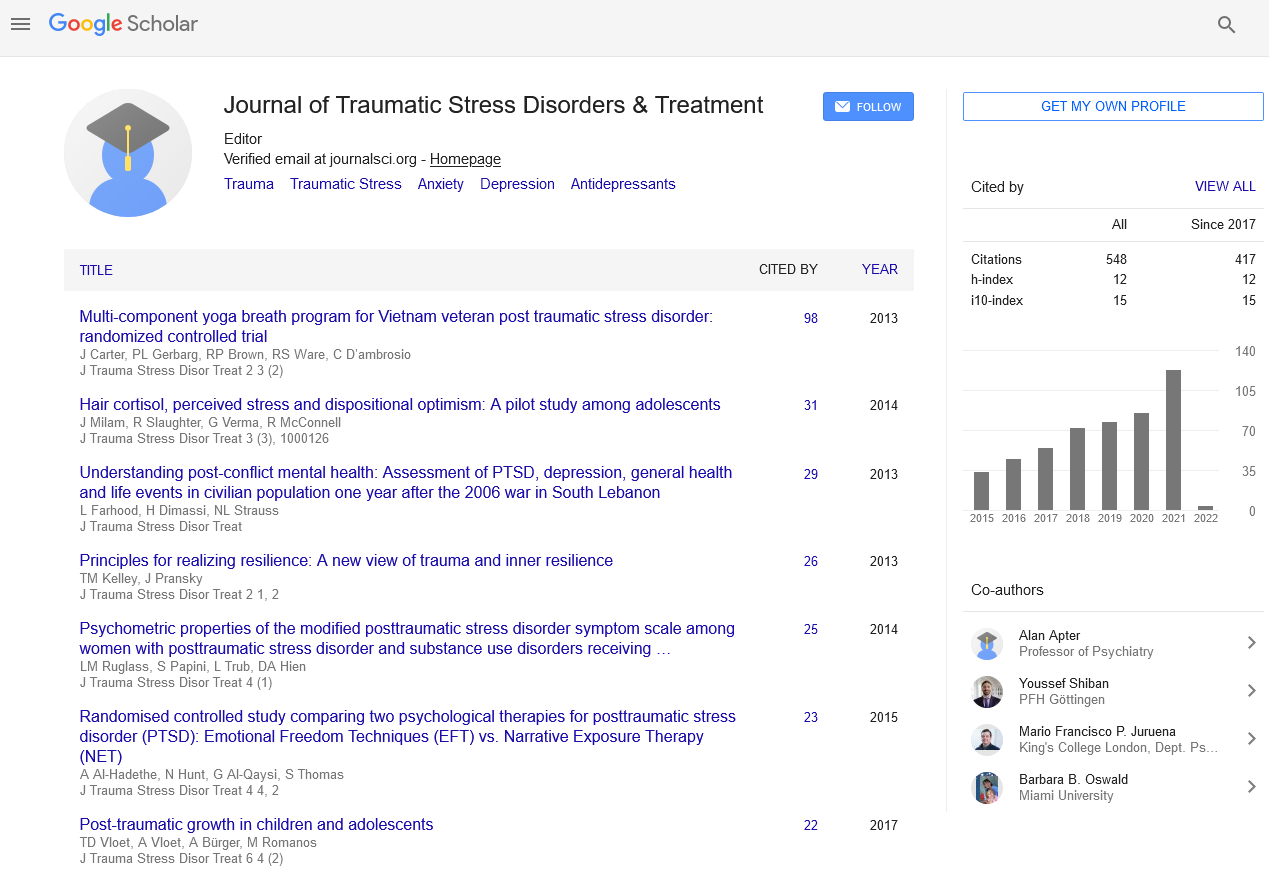A Comparison between Anxious-Depressive Disorders of Stroke and Multiple Sclerosis Patients, Evaluated with Specific Twin Scales
A Comparison between Anxious-Depressive Disorders of Stroke and Multiple Sclerosis Patients, Evaluated with Specific Twin Scales
Objective: High levels of depression and anxiety are usually observed in patients with stroke and multiple sclerosis. Many studies have been conducted to clarify the factors subsuming these disorders, but all these investigations have used structured clinical criteria and general psychiatric scales, not very appropriate to assess these disorders in patients with specific neurological diseases.
Methods: To overcome this problem, we constructed a Post-Stroke Depression Rating Scale and a Multiple Sclerosis Depression Rating Scale, that take specifically into account symptoms and problems observed in stroke and in multiple sclerosis patients. These scales, which are composed by sections, aiming to evaluate specific aspects of the psychological disorders of stroke and multiple sclerosis patients, were administered to 124 stroke, 94 multiple sclerosis patients and 27 patients with endogenous major depression.
Results: Quantitative and qualitative differences were found between our three pathological groups. Fourty-five stroke (37%) and 12 multiple sclerosis (13%) patients were diagnosed as showing major depression-like episodes. The analysis of scores obtained by these patients on the various sections of the Scales showed that depression is greater in endogenous major depression patients than in stroke and multiple sclerosis patients with major depression-like episodes and that different profiles are shown by the various patients groups. Depressed mood is associated with suicidal thoughts and apathy in endogenous major depression patients, whereas it is associated with a high level of anxiety and of vegetative disorders both in stroke and multiple sclerosis patients. Furthermore, depression prevails in stroke patients, whereas anxiety prevails in multiple sclerosis patients. Conclusions Psychological factors are on the foreground of anxious-depressive disorders observed in stroke and multiple sclerosis patients.

